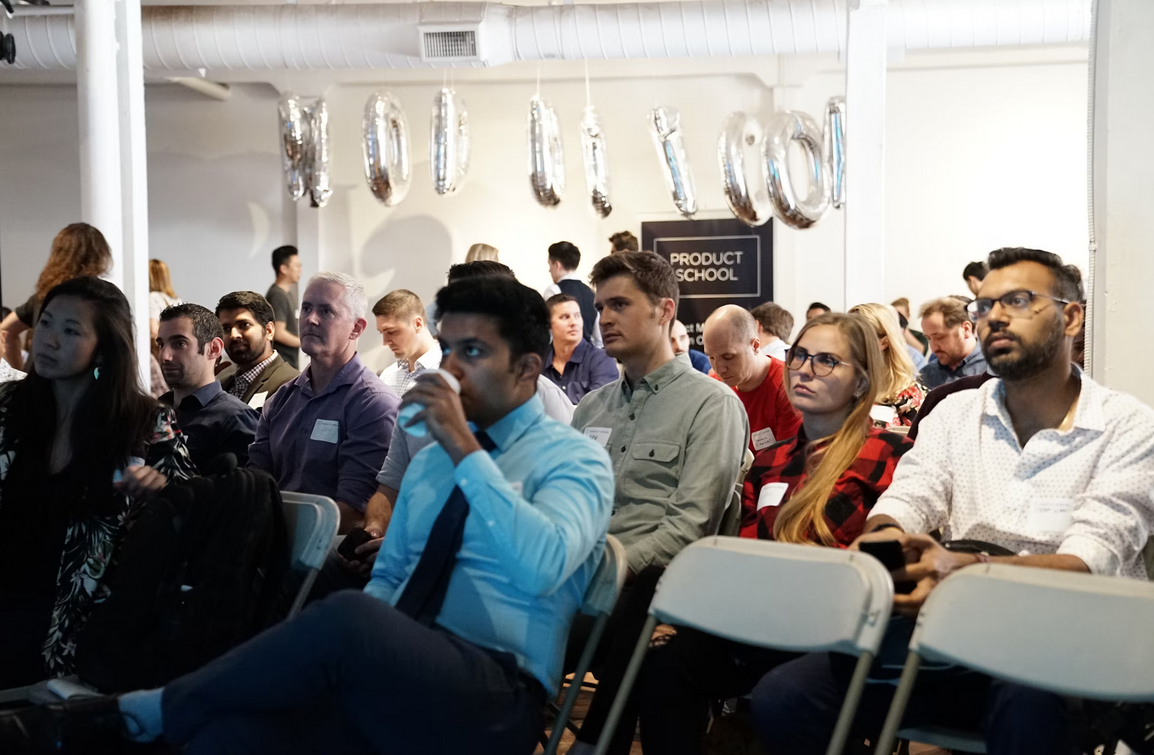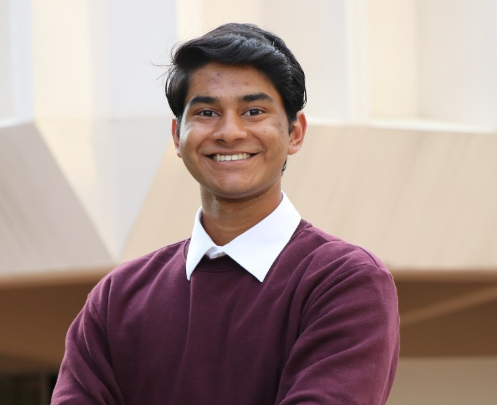
Experienced UIUC graduate student specializing in Math, Computer Science, and Writing
Availability:
Every day, 10:00am-10:00pm PST
Subjects:
Math
Computer Science
Writing
International Conflicts are Slowing Down Research Projects
Last Updated:
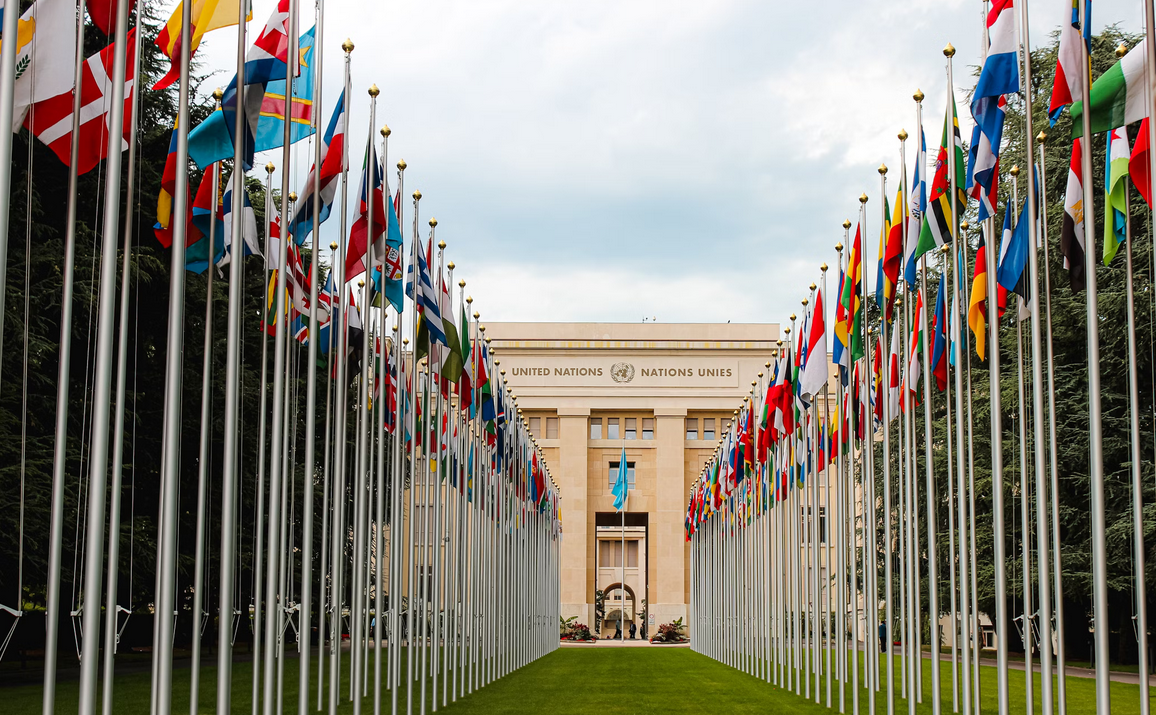
- Applications to the Ivy League schools plus M.I.T, Duke University, University of Chicago, and Stanford have tripled since 2002 to almost 600,000 total
- As some universities drop standardized testing and students go to elite prep programs to get high scores, students will have to stand out based on essays and extracurricular activities
- Even though fewer jobs require four-year degrees and state schools are great, top schools still draw the most attention from researchers and innovative companies
The academic research community often prides itself on transcending geopolitical conflicts and international relationships in service of a greater humanitarian vision of progress.
Unfortunately, in a world that’s becoming increasingly interwoven both socially and economically, conflicts between nations can have enormous ripple effects that hurt academic progress everywhere. As a graduate student with research experience, I’ve personally experienced a lot of benefits from engaging with the research perspectives of other countries and their students who study with us. When conflicts emerge to disrupt cooperation between nations, the international exchange of ideas in academia are disrupted too.
How did tensions during the COVID pandemic slow research into treatments?
International Rivalries Cause Funding Instability for Agencies
In 2020, the Trump administration criticized the World Health Organization for colluding with China to delay sending its research and data surrounding COVID, while China insisted they had always been delivering information in a timely manner.
Recordings of internal meetings from the WHO show that the agency was frustrated by China’s delays (thought by many to be caused by internal competition between different labs or censorship from local authorities), and they had mainly praised them in hopes of encouraging faster cooperation. This means neither country’s narrative was completely correct.
However, the disputes around this process led the Trump administration to retract the US contribution of $450 million every year as the single biggest donor, leaving room for President of China Xi Jinping to commit $2 billion from 2020-2022 to fighting COVID with WHO.
When public health agencies become politicized like this, they begin to consider how their efforts or research might upset their donors, which compromises their ability to be impartial investigators of science, medicine, and public health policies.
Fragmented Vaccine Development Efforts
While Pfizer, Moderna, and Johnson & Johnson were putting out vaccines throughout the West, China was developing its own vaccines: Sinovac and Sinopharm. Then, China implemented a “vaccine diplomacy” strategy to roll out its vaccines to developing countries that need support.
The rivalry between the West and China over pharmaceutical influence isn’t unlike the rivalry that was once had with the Soviet Union, where both countries had independent science and engineering efforts that competed with each other as a sign of power and dominance.
However, when we’re discussing medicines, the cost of that competition can often be human lives. Every effort to manufacture and distribute vaccines becomes viewed cynically as a way to assert global influence, which can lead to limited coordination and assistance when cooperation could save more people. Intellectual property is reserved by the companies rooted in different countries, and barriers to share scientific research that could improve treatments emerged.
Suspended Collaboration Projects
The EcoHealth Alliance, a US-based organization, was researching bat coronaviruses with the Wuhan Institute of Virology before the pandemic. However, when the outbreak happened and political narratives about a potential lab leak emerged, the US government cut funding for the collaboration, even though their work could lead to the identification of new coronaviruses and their origins. That kind of information can help us prevent or alleviate future pandemics.
Since then, many organizations whose collaborations with Chinese research institutions were restricted or had their funding pulled are still limited today as the relationship between the American and Chinese governments continue to be rocky.
How does the Russia-Ukraine conflict hinder space missions?
Indefinitely Postponed Space Launches
The ExoMars Mission was a joint project between the European Space Agency (ESA) and Roscosmos, the Russian space agency. A launch was scheduled for 2022 to send a rover to Mars in search of evidence for past life, but it was postponed indefinitely after the ESA cut ties after Ukraine was invaded by Russia and the European Union placed sanctions on Russian aerospace technology. Russia was a major contributor to the landing platform among other key pieces of technology, which added significant delays to the ESA’s attempts to keep the project going on their own.
Western sanctions also reduced Russia’s role in launching commercial satellites with its reliable, cost-effective Soyuz rockets. For example, the British company OneWeb contracted with Roscosmos for launching its internet satellites, but the sanctions caused them to seek alternatives like SpaceX.
Other programs have threatened to fall apart too. The Roscosmos chief Dmitry Rogozin publicly threatened to pull out of the International Space Station (ISS), and many have been concerned that Russian spacecraft used for transporting NASA astronauts to and from the ISS might also be withdrawn.
Displaced Ukrainian Engineers and Scientists
Ukraine’s role in space exploration dates back to its involvement with the Soviet space program. The Yuzhnoye Design Bureau and Yuzhmash are two Ukrainian companies that drive the production of rockets, engines, and other space-related technologies. Unfortunately, large portions of the industry are concentrated in areas close to the front lines of the war like Dnipro. Many engineers and scientists have been displaced or otherwise impacted. Supply chains and production facilities have been disrupted and unable to continue building rockets. Ukraine continues to contribute to space missions in Europe, but its own industry has been disrupted.
Internet and Communications Infrastructure Attacks
During the early days of the war, Russian hackers attacked Viasat, a US-based satellite communications company that provided services in Ukraine and other parts of Europe. These kinds of attacks not only disrupted thousands of organizations, they signaled a long-term threat to satellite missions as a result of malicious actors looking to sabotage progress in research and information-sharing.
How do conflicts in the Middle East disrupt environmental research?
Interruption of Data Collection
Iraq, Syria, and Yemen are highly vulnerable to water shortages, making it crucial to monitor water resources like river flows, aquifers, and rainfall patterns. However, the violence in the region makes it dangerous for researchers to be in the field collecting data for analysis later. Although many of the conflicts are between groups of the same nationality, there are complex ties in all these conflicts
In Yemen, the ongoing fighting has blocked access to mountainous regions where rainfall patterns are strongly tied to future water availability, so the data needed to model long-term water supply is unavailable.
Due to climate change and land mismanagement resulting from conflicts, Iraq and Syria are suffering from increasing desertification. Security concerns have kept scientists from pursuing on-the-ground research that would track land degradation, soil health and erosion, vegetation cover, animal grazing patterns, and shifting weather patterns that might predict droughts.
Damaged Research Institutions
Conflicts in these regions have led to the destruction of universities, research centers, and meteorological stations that track critical data. The University of Aleppo in Syria has played significant roles in climate and agricultural research. Back in 2013, a bombing at the University of Aleppo led to the deaths of 82 people.
Even though the university could rebuild physically, there are several chilling effects that occur as well. There are declines in student enrollment as people perceive colleges to be unsafe environments because of targeting from groups in conflicts. Researchers may leave for other countries — a phenomenon called brain drain — that are safer, and they may not come back for a long time even after conflicts resolve. This leaves the regions with a lack of talent to be applied to their environments. Much of what they discover there can be used in other parts of the world, so everyone loses access to some knowledge.
Related Articles

The Racist Legacy of Legacy Admissions
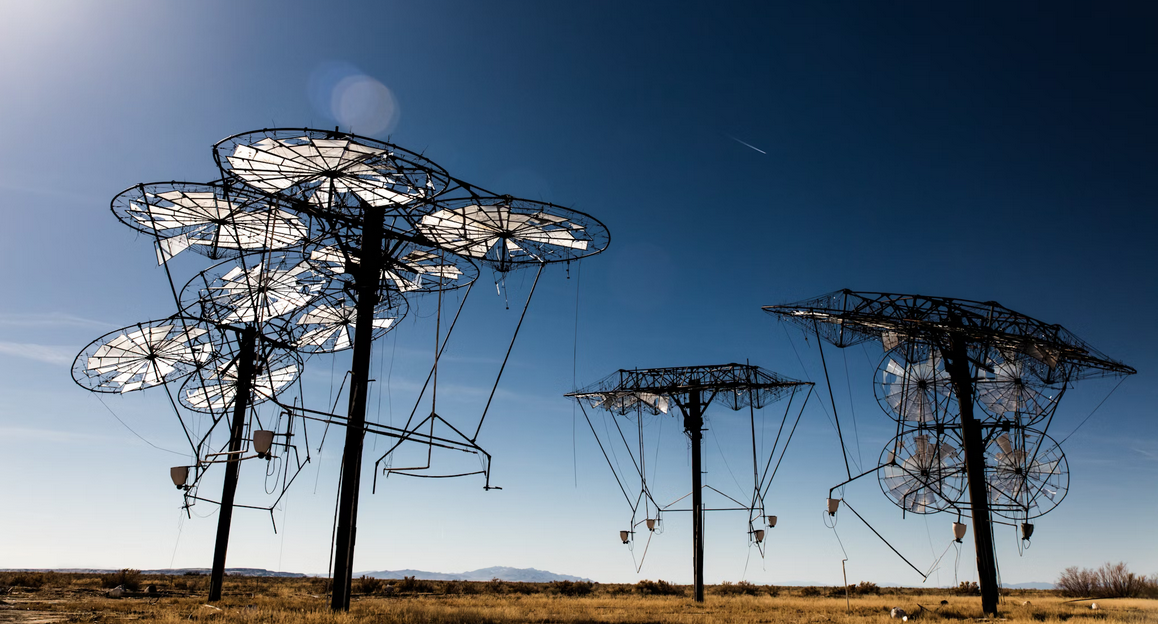
Why the Military is Ramping Up Funding for Colleges
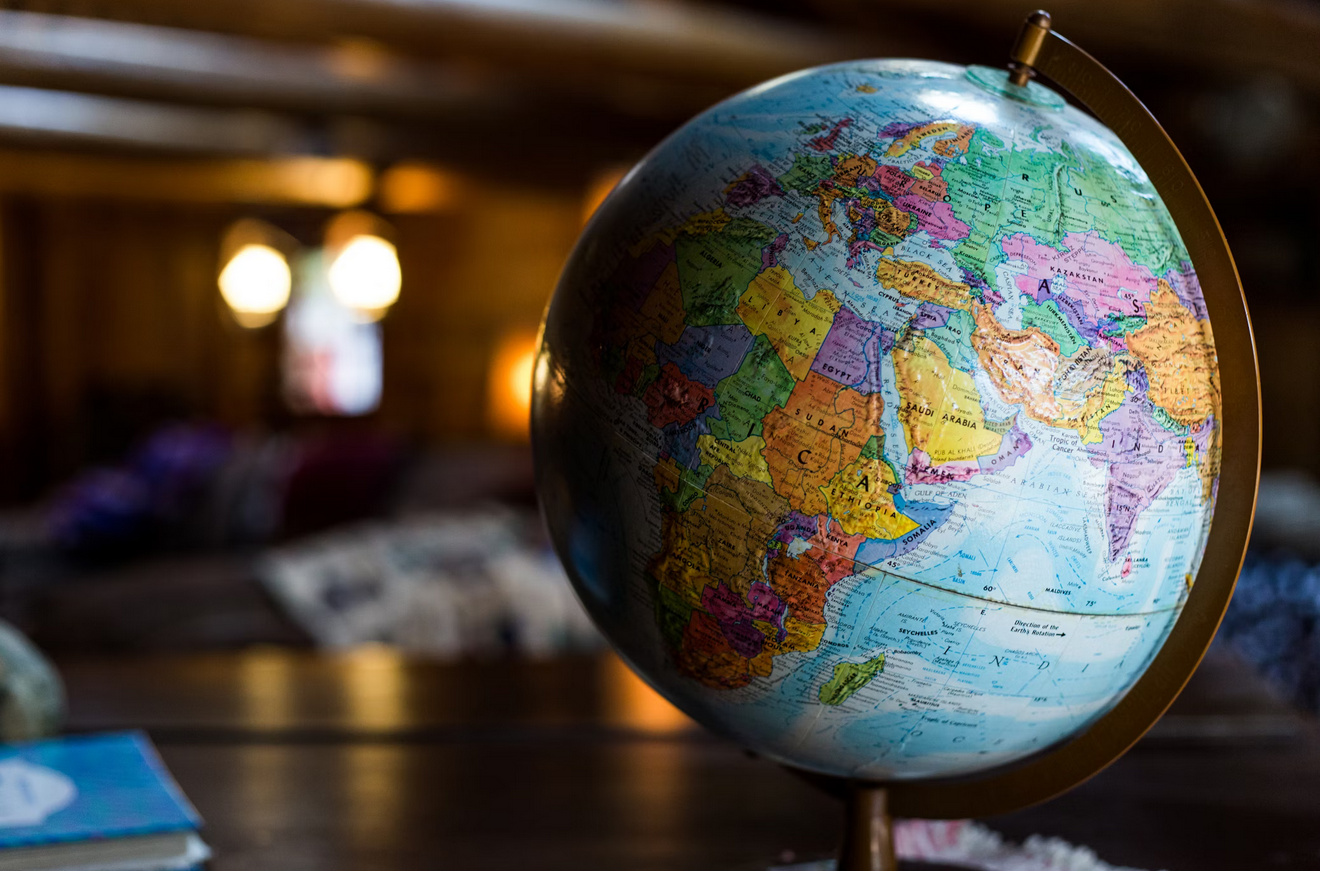
International Students are Enrolling in the US at Fastest Rate in Decades

How Oil Companies Built a Pipeline into Universities

U.S. News: A Beauty Pageant for Colleges That Must Go
